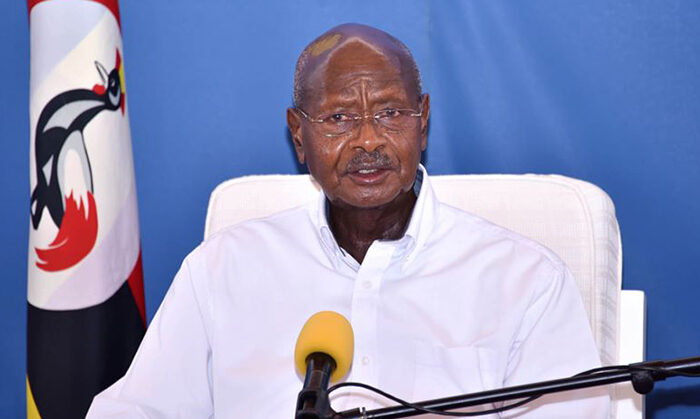
By Aaron Sseruyigo & News Agencies
The Oxford-AstraZeneca vaccine was recently endorsed for use in Uganda, with the government approving the purchase of 18 million doses from the Serum Institute of India.
Uganda Media Center in a statement said the vaccine will first be given to people aged 50 years and above, people with underlying health conditions, security personnel, health workers, teachers and other essential social service providers.
Uganda has so far reported 39,685 COVID-19 cases as of 4 Feb 2021 and about 325 deaths – a much lower toll than in most countries.
Uganda Christian News learnt that the Oxford-AstraZeneca vaccine is a result of researchers from Oxford University, who according to the BBC have been working on the cure for the coronavirus for over a year now, partnering with BioPharmaceutical company Astrazeneca.
90 Percent Effective?
The first full peer-reviewed results of phase 3 trials of the vaccine were published earlier this year, and results show that it is safe and can be up to 90 percent effective.
Half of the participants in the study were given two doses of the vaccine, while another half received a saline or a meningococcal conjugate vaccine (not the coronavirus vaccine) for comparison.
The vaccine proved 62 percent effective on patients given two full doses, but 90 percent effective on a 1,367 participant subset who were given a half dose followed by a full dose.
Oxford University scientists had presented the unpublished data on Nov 23.
How does it work?
The BBC reports that at the heart of the Oxford-AstraZeneca vaccine is a virus that causes the common cold in chimpanzees.
Now, the chimp virus is modified so it cannot multiply and cause disease in the body. It is then loaded up with the gene for the coronavirus spike protein, the club-shaped part that dots the surface of the virus and is used to penetrate human cells.
When the vaccine is injected, the chimp virus delivers the coronavirus gene to human cells which start to churn out the spike protein. These are detected by the immune system which produces antibodies and other responses that can attack the real coronavirus should the person become infected in the future.
Sources say that Oxford opted for the chimp virus because it has the potential to generate a strong immune response and, since it cannot grow in humans, it should be safe, sources observe.
Unlike Pfizer’s jab – which has to be kept at an extremely cold temperature (-70C) – the Oxford vaccine can be stored in a normal fridge. This makes it much easier to distribute.
Why are some European countries limiting their use of the vaccine?
Germany, Austria and France say they will only offer the vaccine to 18-64 year olds because there is not enough data on how well it protects the over-65s.
AstraZeneca says its clinical trial data “supports efficacy in the over-65s age group”. Earlier studies show that older people, as well as younger people, appear to have an equally strong immune response to the vaccine.
Public Health England said the company’s data on the vaccine’s immune responses was “very reassuring”.
The European Medicines Agency approved the vaccine in January for use in all age groups, including older adults.
200 million doses of the vaccine were produced in 2020. If everything goes according to plan, AstroZeneca will be able to produce 200 million doses a month. Their goal, however, is to produce 3 billion vaccines by the end of 2021, comparable to Pizer-BioNTech’s 1.3 billion and Moderna’s 500 million to 1 billion projections.
Cost of the Vaccine
This website understands that government said each person would receive two doses separated by 28 days, and the country is purchasing the vaccine from the manufacturer at $7 per dose, however, on Wednesday, a spokesman for the Serum Institute of India told Reuters that the institute has not yet signed any deal with Uganda.
“While discussions are ongoing, there has been no finalization of price or volumes,” the spokesman said.
The institute is supplying doses of the vaccine to Brazil, Saudi Arabia and South Africa at $5.25 per dose.
Meanwhile, Uganda is also set to receive an extra 3.5 million doses of the same vaccine, developed with Oxford University, from COVAX, the scheme set up by WHO to facilitate vaccine access by poor and middle-income countries, which will be received by early next month, the government said.
Last week, Uganda announced it had begun conducting clinical trials of a domestically developed drug to cure COVID-19 infections, after nearly a year of research by local scientists.
Additional reporting by the BBC, Reuters, The Guardian and Xinhua.

